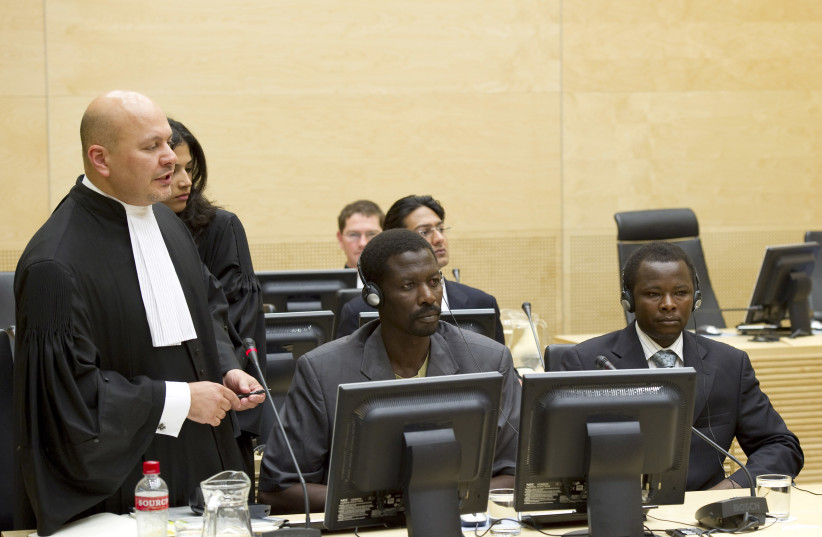The first trial addressing atrocities in Darfur opens at the International Criminal Court on Tuesday, nearly 20 years after the Sudanese region was racked by widespread violence that left hundreds of thousands dead.
Suspected former Janjaweed militia leader Ali Muhammad Ali Abd-Al-Rahman faces 31 counts of war crimes and crimes against humanity, including persecution, murder, rape and torture.
"(Tuesday) is a momentous day for victims and survivors in Darfur who never stopped fighting to see the day the cycle of impunity is broken," Sudanese human rights lawyer Mossaad Mohamed Ali of the African Centre for Justice and Peace Studies said in a statement.
Prosecutors accuse the septuagenarian Abd-Al-Rahman, whom they say was also known as Ali Kushayb, of being a senior commander of thousands of pro-government Janjaweed fighters during the 2003-2004 height of the Darfur conflict.
Abd-Al-Rahman denies the charges. During earlier court appearances he and his lawyer argued that he was the victim of mistaken identity and that he was not educated enough to understand the orders he carried out could result in war crimes.

The alleged Janjaweed leader voluntarily surrendered to The Hague-based court in June 2020 after 13 years on the run.
The trial comes amid an upsurge in what humanitarian groups say is inter-communal violence in Darfur since the end of the United Nations and African Union mission there.
Darfur's conflict first erupted when mostly non-Arab rebels took up arms against Sudan's government, which responded with a counter-insurgency.
Khartoum mobilized mostly Arab militias, known as the Janjaweed, to crush the revolt, unleashing a wave of violence that Washington and some activists said amounted to genocide.
The United Nations estimates 300,000 people were killed and more than 2 million driven from their homes.
Former Sudanese president Omar Hassan al-Bashir, who faces ICC charges of orchestrating genocide and other atrocities in Darfur, was deposed during a popular uprising in 2019 and remains in prison in Khartoum.
According to the charges, militias under Abd-Al-Rahman led attacks on towns and villages. He has been implicated in more than 130 murders and the forcing of tens of thousands of mainly Fur civilians from their homes.
Trials at the ICC typically take at least several years before judges reach a verdict.
